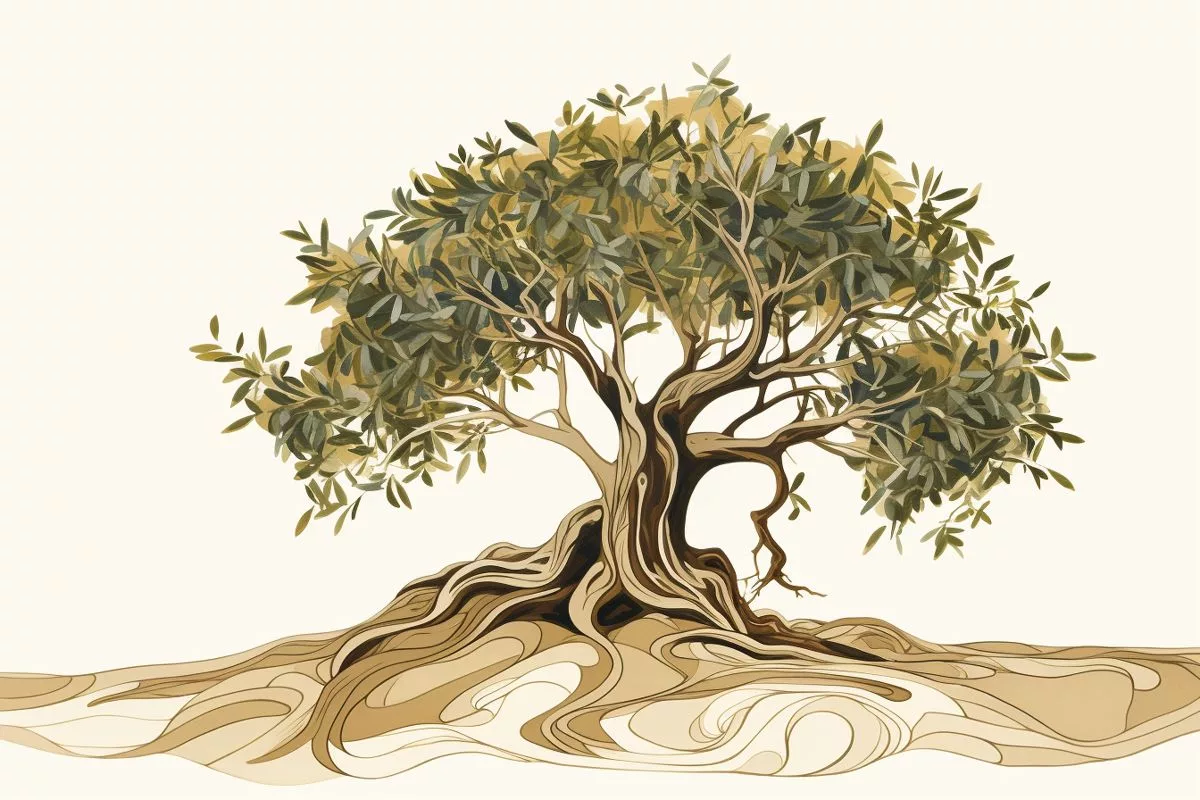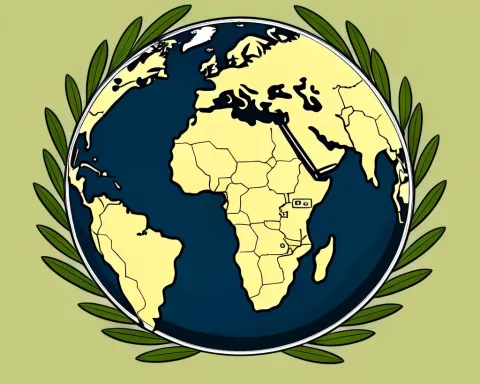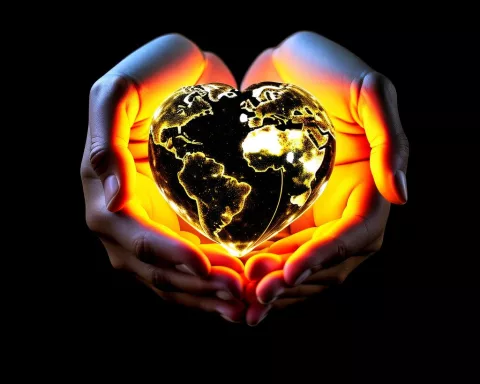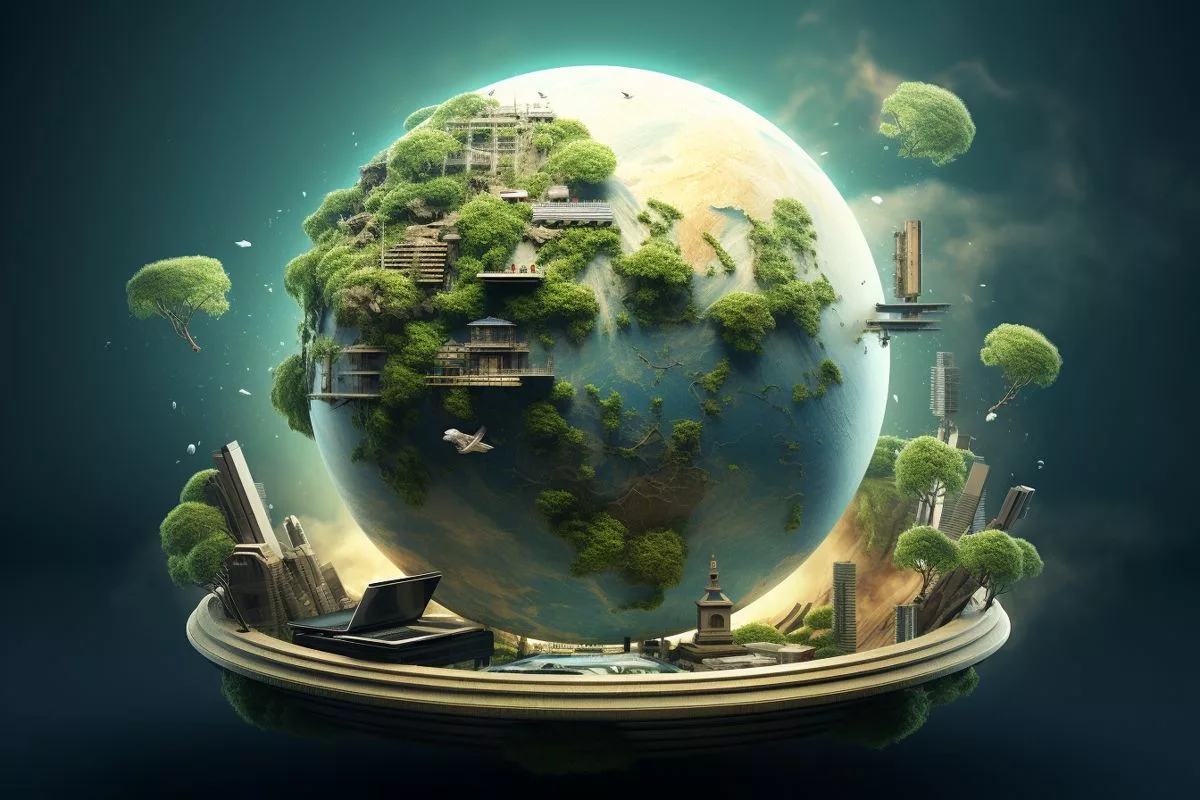South Africa strongly supports the Palestinian cause and has been unambiguous and steadfast in their stance on the Israel-Hamas conflict. President Cyril Ramaphosa expressed severe criticisms of Israel’s actions during the recent BRICS summit, accusing them of committing war crimes and perpetrating a genocide in Gaza. South Africa has called for an immediate and comprehensive ceasefire and advocated for the positioning of a UN force to protect civilians. Despite diplomatic maneuvers, South Africa remains unyielding in their stand for a peaceful resolution that upholds the rights and dignities of all parties involved.
South Africa’s Position on the Israel-Hamas Dispute: An Analysis
South Africa’s position on the Israel-Hamas dispute is unambiguous and steadfast. The country’s ruling party, the African National Congress (ANC), frequently equates the Palestinians’ tribulations with its own battle against apartheid. South Africa has always firmly backed the Palestinian cause, and the recent BRICS summit and the declarations made during it have only further reinforced this stance.
South Africa’s Response to the Israel-Hamas Conflict
The recent BRICS summit, held virtually and featuring formidable emerging economies – Brazil, Russia, India, China, and South Africa, saw President Cyril Ramaphosa of South Africa express severe criticisms of Israel’s actions. The purpose of the gathering was to formulate a collective approach to the ongoing Israel-Hamas conflict.
During the conference, Ramaphosa did not mince words as he accused Israel of committing war crimes and perpetrating a genocide in Gaza. He asserted without any ambiguity, “Israel’s collective punishment of Palestinian civilians through unauthorized use of force is a war crime. The deliberate deprivation of medicine, fuel, food, and water to the residents of Gaza is akin to genocide.”
These statements from the South African leader arrived against the backdrop of escalating tensions in Gaza. The conflict took a severe turn following a lethal cross-border ambush by Hamas militants on October 7, leading to the death of roughly 1,200 individuals, primarily civilians. As a result, Israel launched a relentless aerial and ground offensive in Gaza, currently under Hamas’s control. Hamas maintains that the war has resulted in over 13,300 fatalities, including thousands of children.
Prospects for Peace and South Africa’s Advocacy
Currently, there are signs hinting at a possible deescalation of the conflict. Ismail Haniyeh, the Hamas leader, recently suggested that a truce agreement with Israel might be within reach. Concurrently, Qatar, the intermediary in the dispute, declared that the discussions to liberate hostages apprehended by the Palestinian Islamist faction are nearing their “closest point” to a settlement.
In light of these developments, Ramaphosa fervently called for an “immediate and comprehensive ceasefire” and advocated for the positioning of a UN force to ensure the cessation of hostilities and protect civilians. He called on the BRICS countries, saying, “Let this meeting act as a loud appeal for us to unite our efforts and intensify our actions to rectify this historical wrongdoing.”
South Africa has always firmly backed the Palestinian cause. The country’s ruling party, the African National Congress (ANC), frequently equates the Palestinians’ tribulations with its own battle against apartheid. In a significant show of support, Pretoria withdrew all its diplomats from Israel this month. Moreover, last week, South Africa allied with four other nations to call for an International Criminal Court probe into the conflict.
Diplomatic Maneuvers and South Africa’s Unyielding Stand
As a counter move, Israel also summoned its ambassador to Pretoria for consultations. This complex dance of diplomatic actions highlights the intricacies of international relations and the tenuous situation in the Middle East.
To sum up, South Africa’s position on the Israel-Hamas dispute is unambiguous and steadfast. The nation and its leaders, influenced by their historical experiences and compassion for the oppressed, have been outspoken in their support for the Palestinian cause. The recent BRICS summit and the declarations made during it have only further reinforced this stance. As spectators, our only hope is for a peaceful resolution to the conflict that upholds the rights and dignities of all parties involved.
1. What is South Africa’s position on the Israel-Hamas conflict?
South Africa’s position on the Israel-Hamas conflict is unambiguous and steadfast. The country’s ruling party, the African National Congress (ANC), frequently equates the Palestinians’ tribulations with its own battle against apartheid, and it strongly supports the Palestinian cause.
2. What did President Cyril Ramaphosa say about Israel during the recent BRICS summit?
During the recent BRICS summit, President Cyril Ramaphosa of South Africa expressed severe criticisms of Israel’s actions, accusing them of committing war crimes and perpetrating a genocide in Gaza. He called for an immediate and comprehensive ceasefire and advocated for the positioning of a UN force to protect civilians.
3. What is South Africa’s advocacy for peace in the Israel-Hamas conflict?
South Africa’s advocacy for peace in the Israel-Hamas conflict includes calling for an immediate and comprehensive ceasefire and advocating for the positioning of a UN force to ensure the cessation of hostilities and protect civilians. South Africa has also allied with four other nations to call for an International Criminal Court probe into the conflict.
4. How does South Africa’s historical experience influence their position on the conflict?
South Africa’s historical experience influences their position on the conflict, and the country’s leaders are influenced by their compassion for the oppressed. The ANC frequently equates the Palestinians’ tribulations with its own battle against apartheid.
5. What is the current state of the conflict, and what are the prospects for peace?
There are signs hinting at a possible de-escalation of the conflict. Hamas leader Ismail Haniyeh recently suggested that a truce agreement with Israel might be within reach, and Qatar, the intermediary in the dispute, declared that discussions to liberate hostages apprehended by the Palestinian Islamist faction are nearing their “closest point” to a settlement.
6. How have diplomatic maneuvers affected the conflict, and how has South Africa responded?
Diplomatic maneuvers, such as Israel summoning its ambassador to Pretoria for consultations, highlight the intricacies of international relations and the tenuous situation in the Middle East. South Africa remains unyielding in their stand for a peaceful resolution that upholds the rights and dignities of all parties involved, and the recent BRICS summit and the declarations made during it have only further reinforced this stance.












